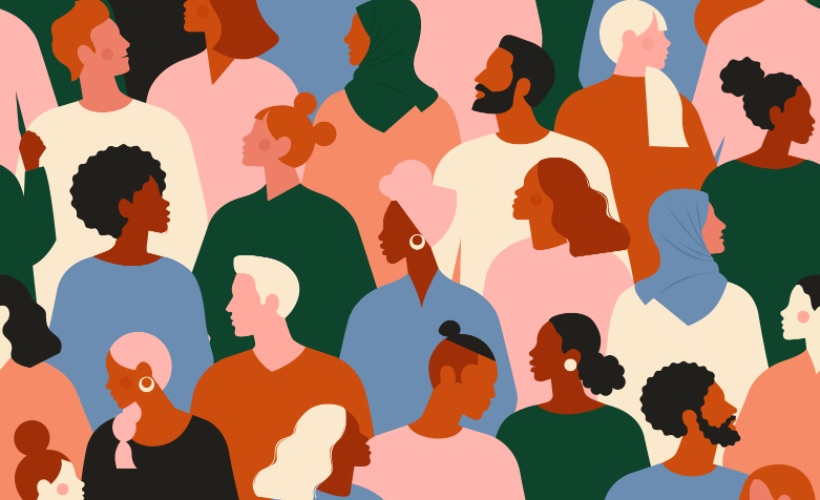Louisa Daley, deputy editor, Conference News, explains why representation and community matters in events.
By the time this edition of Conference News lands on your desks, Black History Month will have come to a close for yet another year. Throughout October, my LinkedIn feed has been full of celebrations. I’ve seen event professionals highlighting fellow Black professionals and/or businesses, exchanging Diversity, Equity and Inclusion (DEI) best practises and so much more.
But I think that celebrating Black excellence cannot and should not be confined to a single month. It should not be a tick box exercise or an afterthought for industry optics. Rather, it must be an ongoing commitment and conversation to help our industry become more diverse and inclusive.
As a Black female event professional, Black History Month has encouraged me to reflect on how my identity has impacted my experience entering the world of events.
Representation matters
It’s widely accepted that our industry is predominately female, however, we still struggle to achieve the right representation, especially at industry events and in the boardroom, where older white men often take centre stage.
However, I remember my first time at International Confex back in 2019, where I saw event professionals who looked like me, on stage, leading the conversations. Or in 2021, where I had the chance to interview Black event professionals who sat at C-Suite levels.
Representation is key, because these experiences helped me forge my own career and gave me the confidence to say yes to important growth opportunities. I never would have said yes to moderating panels and roundtable discussions or even presenting videos, if I didn’t think it was possible. As Marian Wright Edelman says, “you can’t be what you can’t see.”
After all, if I was looking up to those Black event professionals, surely by saying yes to these opportunties, the next generation of Black event professionals could also look up to me?
Building blocks
As I gradually began going to more industry events, such as UK Black Business Week, I forged my own ‘eventprof’ community.
It’s been through these connections (in-person and online), that I’ve found mentorship and support, which have been instrumental in my professional growth. I’ve had candid conversations, taking place at informal spaces, about the challenges we face as Black event professionals and how we can overcome them. I have also heard first hand the routes to success other Black event professionals have taken, inspiring me to follow in their footsteps.
Though Black History Month has come to a close, we must continue to strive towards a more diverse and inclusive industry.
Throughout my journey, I’ve realised that representation and building a community go hand in hand.
So, I urge you, take the inspiration and stories you’ve seen from Black History Month 2023 and think of ways to expand your network. Consider how you can provide opportunities within your organisation to foster growth and new talent – as it will only make our industry move innovative.















